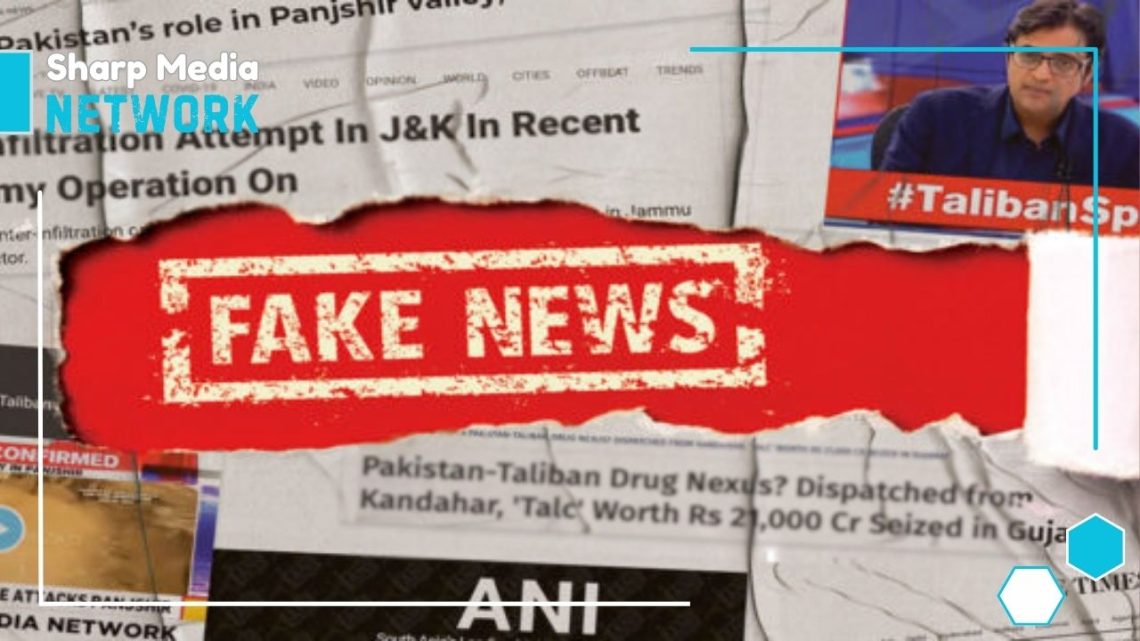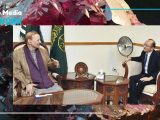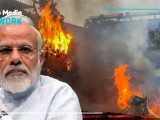
Indian Media’s Role in Fueling BJP-RSS Agendas and Distorting Kashmir Dispute
January 23, 2025The growing alignment of Indian media with the BJP-RSS regime has sparked widespread criticism, with many accusing outlets of spreading biased narratives, fake news, and distorting the Kashmir dispute to serve political agendas.
Indian media has increasingly come under fire for its close ties to the ruling Bharatiya Janata Party (BJP) and its ideological parent, the Rashtriya Swayamsevak Sangh (RSS). Critics argue that media outlets in India have turned into mouthpieces for the government, spreading biased narratives and disinformation, particularly about Pakistan and the Kashmir conflict. This growing alignment with the BJP-RSS regime has led to concerns about the erosion of journalistic integrity and the manipulation of facts to suit political objectives.
One of the most prominent criticisms revolves around the media’s portrayal of the Kashmir dispute. Experts argue that Indian outlets systematically distort the facts, suppress the voices of Kashmiris, and present the issue as an internal matter of India, ignoring its international dimensions. This misrepresentation not only undermines the truth but also misguides the public and international opinion about the region’s complex political situation.
The role of the media in shaping public opinion has become particularly contentious in light of the Modi-led government’s policies. Accusations have been made that the media is increasingly parroting the government’s official narrative, blending objective journalism with propaganda. Many Indian journalists and television anchors have been criticized for acting as conduits for the BJP’s Hindutva agenda, often sidelining independent reporting in favor of promoting government policies. This trend has raised alarms about the media’s role in spreading political agendas rather than presenting unbiased news.
The alignment between the Indian media and RSS’s right-wing ideology is widely acknowledged. Many media outlets, particularly those with close ties to the RSS, have been accused of advancing the Hindutva ideology, which seeks to elevate Hindu nationalism and marginalize religious minorities, especially Muslims. This ideological shift in the media landscape has contributed to a rise in communal tensions within India, further inflaming the political climate.
Moreover, critics point out that Indian media has become a tool for spreading hate speech, particularly targeting Pakistan and Muslim communities. The glorification of Prime Minister Modi’s policies, especially his aggressive stance on Kashmir, has fueled war-mongering rhetoric and Islamophobic narratives. This toxic media environment, critics argue, is not only contributing to domestic unrest but also exacerbating tensions between India and Pakistan, two nuclear-armed nations.
The unchecked power of the Indian media, working in concert with the BJP and RSS, has far-reaching consequences for regional stability. By promoting biased narratives and disinformation, the media is playing a dangerous role in escalating hostilities between India and Pakistan. Experts warn that this media manipulation, along with the government’s use of cyber technology and hybrid warfare tactics, threatens the prospects for peace and justice, particularly for the people of Kashmir.
The current state of Indian media underscores the need for a return to professional journalism that upholds truth, objectivity, and impartiality—values that are essential for promoting peace and stability in the region.

